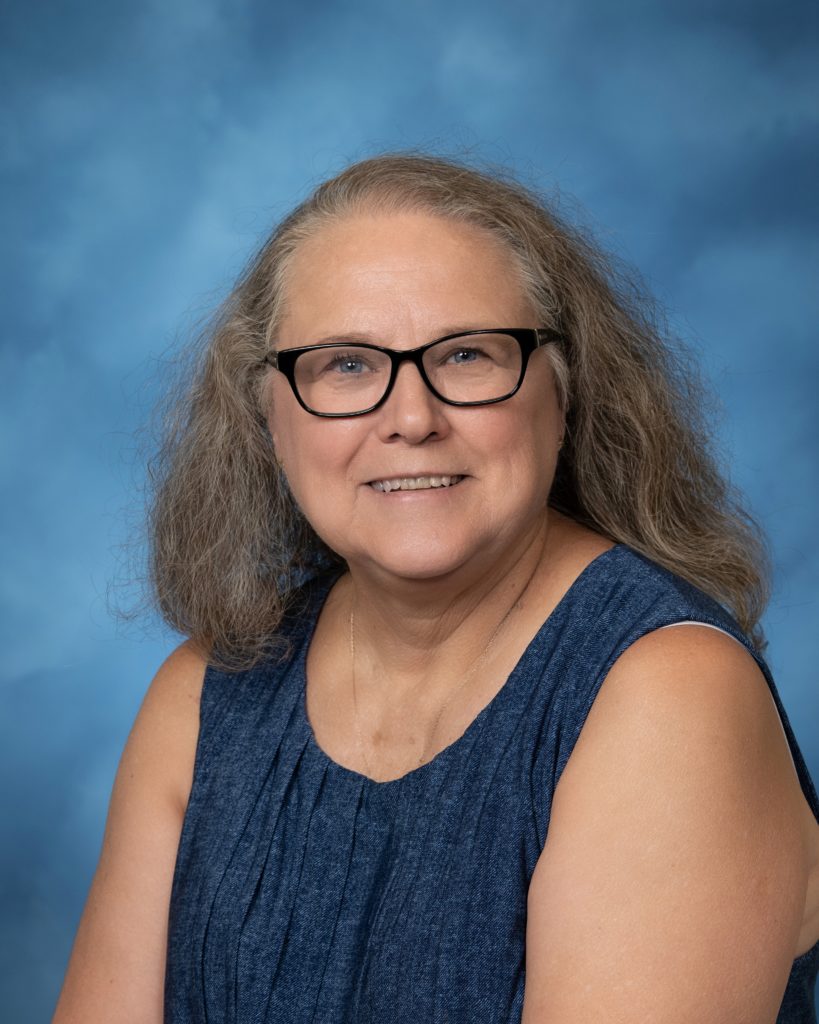OARS Keeps Students Moving Toward Graduation

Success for the Office of Accessibility, Resources, and Services (OARS) is making sure every student has access to everything on campus. OARS Coordinator Dr. Sue Smith is the point person for students who need accommodation.
“For students who have struggled with disabilities all their lives and overcome barriers, to get to college and to stay with it to finish, I’m just so proud of them,” she said.
Smith’s office also serves students who experience later-in-life onset disabilities at Piedmont.
Program requirements and curricula are not altered for students with disabilities. They must complete all the same coursework that other students do with reasonable accommodations. The most often requested service is more time to take tests. There are private rooms in the library for that purpose.
“We have good professors who work with them. When students leave here, they know they’ve earned it, so that makes me proud, too,” Smith said.
Smith’s busiest time is over the summer when new students prepare to start classes in the fall. She works on applications, documentation, creating plans for each student that she will share with professors at the student’s request, and intake meetings. Parents may sit in on the initial intake meeting with Smith at the student’s request.
When families come to campus for orientation, Smith talks to them about three categories of students with disabilities: those who received services before and will continue to need them in college; those who received services but will try to manage things on their own and apply later if they need them; and those who do not want services.
Students must self-disclose their disabilities.
“I’m not looking for you. You’re not on any list I have,” Smith said. “For you to receive services from me, you must reach out to me. I will never contact you. You’ve got to let me know.”
Self-disclosure is a significant change from high school, where school districts have a responsibility to identify and evaluate disabilities and organize an Individualized Education Program team to determine placement, accommodations, and/or modifications. Parents or guardians are the primary advocates for students’ needs and services.
At the university level, personal aids and services are the student’s responsibility, and, again, they must advocate for their own academic services.
The services OARS provides are available to graduate as well as undergraduate students, and Smith has office hours at the Athens campus. Piedmont’s total student population is approximately 2,100, and about 4 percent, or 80 to 90 students, have self-disclosed disabilities.
Some students have mobility issues and must have access to and emergency plans for all buildings and other locations where events like club meetings are held. Some have residential issues, so on-campus living arrangements are accommodated.
“For many students, their disabilities are hidden,” Smith said. “It takes a brave student to be able to say, ‘I’m disabled, and I need help.’ It takes a lot of courage to do that.”
For more information about OARS, visit piedmont.edu/disabilities-support/ or email Dr. Sue Smith at oars@piedmont.edu.